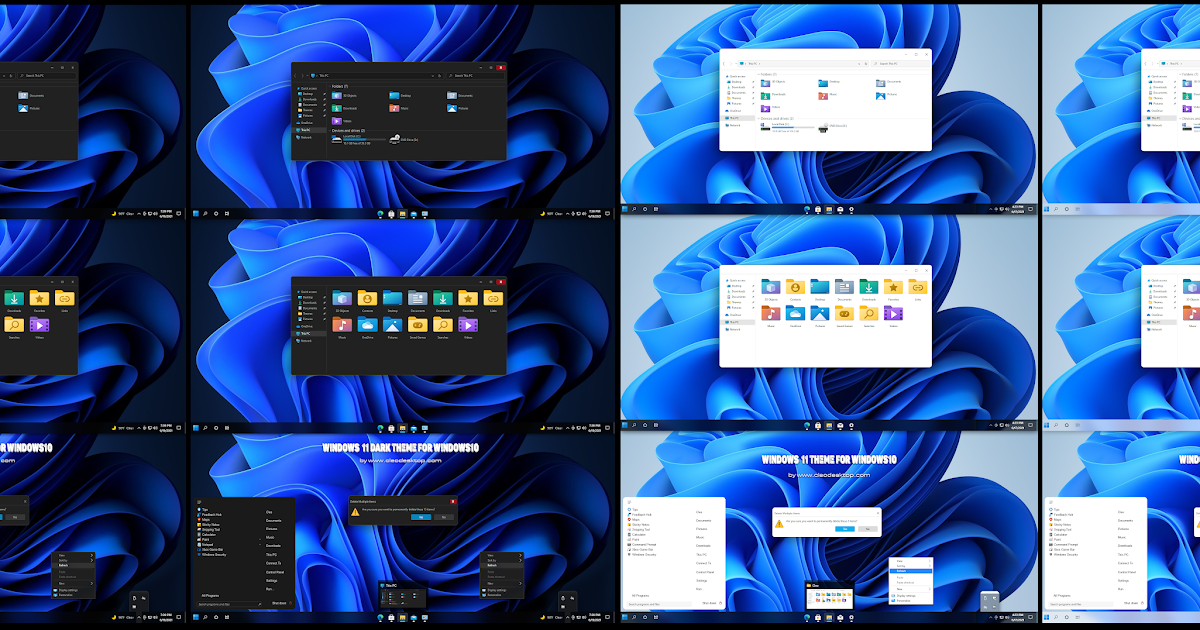
> PLEASE do read the posting guide > and provide commented, minimal, self-contained, reproducible code.īrian D. rJava release versions can be obtained from CRAN - usually install.packages ('rJava') in R will do the trick. It allows to create objects, call methods and access fields of Java objects from R. > installation of package 'rJava' had non-zero exit status in: rJava provides a low-level bridge between R and Java (via JNI). > ** Removing '/usr/lib64/R/library/rJava' > ERROR: configuration failed for package 'rJava' > configure: error: jni headers not found. > -L/usr/java/packages/lib/amd64 -L/lib -L/usr/lib -ljvm > JNI linker flags : -L$(JAVA_HOME)/lib/amd64/server Work, although Simon Urbanek tells me it is not as intended (and not what

OTOH, on my system setting JAVA_HOME=/usr/java/jre1.6.0 seems to actually ), and I don't see why 'Redhat Linux' should be any different. It probably should be /usr/java/jre1.6.0/jre: it certainly is in theĭid you perchance set JAVA_HOME incorrectly? If you add Sun Java 1.x.y toĪ Fedora Core system, you need to add a java-xxx-sun-compat RPM (from I am not sure why, as JRE 1.6.0 was released a while back.

On Windows, goto 'Control Panel -> System -> Advanced Settings -> Environment Variables'.

Make sure that the Java 'CLASSPATH' variable is set properly. when I run sudo R CMD javareconf : Java interpreter.
#Help installing rjava in r install#
Now I am trying to use the rJava library. For 64-bit Revolution R you need to make sure that you have a 64-bit version of Java installed. After upgrading from Ubuntu 16 to 18.4, I am not able to install the rJava package in R.


 0 kommentar(er)
0 kommentar(er)
